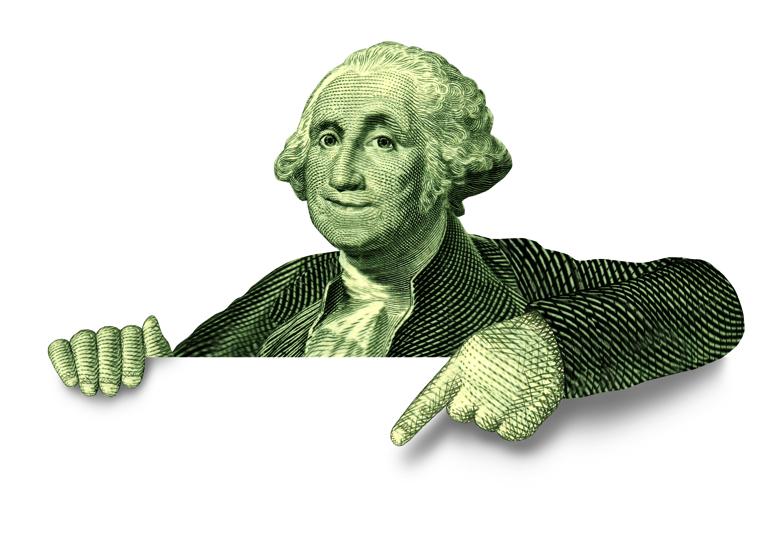Selecting the right personal injury lawyer can significantly impact the outcome of your case. If you've been injured due to someone else's negligence, it's crucial to work with an attorney who is skilled in navigating the complexities of personal injury law. The Michel Law provides invaluable insights into the process of finding the ideal lawyer for your needs. Here’s a guide to help you make an informed decision.
Understand Your Needs
Assess the Nature of Your Injury
Different personal injury cases require different types of expertise. For instance, if your case involves medical malpractice, you'll want an attorney with experience in this specific area. Identifying the nature of your injury and the specifics of your case will help narrow down your search for a lawyer who specializes in that area.
Consider the Complexity of Your Case
Some personal injury cases are straightforward, while others can be complex and involve multiple parties or extensive evidence. A lawyer with experience handling cases similar to yours will be better equipped to address the complexities and provide effective representation.
Research Potential Lawyers
Review Their Experience and Expertise
When evaluating potential personal injury lawyers, consider their years of experience and area of specialization. A lawyer with a track record in handling cases like yours is likely to be more effective. Look for attorneys who have successfully managed cases with similar circumstances and outcomes.
Check Their Reputation
A lawyer’s reputation can provide insights into their capabilities and how they handle cases. Look for online reviews, testimonials, and any records of disciplinary action. Peer reviews and client feedback can offer a clearer picture of what to expect from their services.
Evaluate Their Communication Skills
Initial Consultation
Most personal injury lawyers offer a free initial consultation. Use this opportunity to assess their communication skills and approach. A good lawyer should listen carefully, ask relevant questions, and provide clear explanations about your case and the legal process.
Responsiveness
Timely communication is crucial throughout your case. Choose a lawyer who is responsive to your queries and keeps you informed about your case’s progress. Good communication can help ensure that you are not left in the dark about important developments.
Consider Their Fee Structure
Understand the Fee Agreement
Personal injury lawyers typically work on a contingency fee basis, meaning they only get paid if you win your case. It’s essential to understand their fee structure before hiring them. Be clear about the percentage they will take from any settlement or award, and discuss any additional costs that might arise.
Evaluate Additional Costs
In addition to the lawyer’s fee, there may be other costs involved in your case, such as court fees, expert witness fees, and administrative expenses. Ensure you have a clear understanding of all potential costs and how they will be handled.
Assess Their Track Record
Case Results
Reviewing a lawyer’s past case results can give you an idea of their effectiveness. Look for evidence of successful settlements or verdicts in cases similar to yours. While past performance is not always indicative of future results, a strong track record can be a positive sign.
Settlement vs. Trial
Determine whether the lawyer has experience with both settlements and trials. While many personal injury cases are settled out of court, some may go to trial. A lawyer with experience in both areas can provide a more comprehensive approach to your case.
Trust Your Instincts
Comfort Level
Choosing a lawyer you feel comfortable with is important. You should be able to trust your attorney and feel confident in their abilities. Your lawyer should make you feel at ease and be someone you feel comfortable discussing personal details with.
Professionalism
Assess the lawyer’s professionalism during your interactions. They should be punctual, respectful, and demonstrate a commitment to your case. Professional behavior is a good indicator of how they will handle your case moving forward.
Conclusion
Choosing the right personal injury lawyer involves careful consideration of their experience, reputation, communication skills, and fee structure. By following these guidelines, you can find a lawyer who will provide effective representation and support throughout your case. Remember, The Michel Law can offer further assistance and guidance in making this important decision. Take the time to research and select a lawyer who will best meet your needs and help you achieve a favorable outcome.





